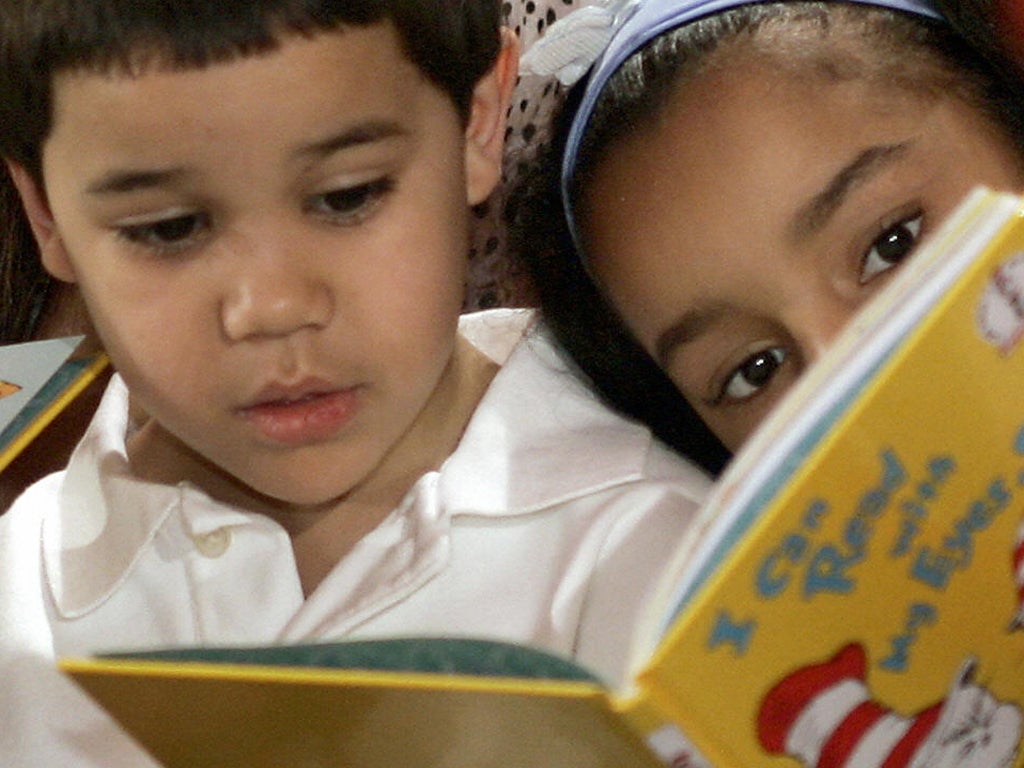Children know what real words are; teachers mustn’t mislead them
The new system of phonics angers me as much as it did when it was first introduced.


Sir John Gurdon, the 79-year-old Cambridge scientist who has just shared the Nobel Prize for Medicine, was told by his biology master that he was useless at the subject and had not the slightest chance of becoming a scientist.
It’s easy now to suggest that perhaps (Eton’s) teaching style didn’t suit him. The same report said he was no good at facts and wanted to pursue his own approach. With hindsight, You can detect the germ of an original mind there. There will always be one-offs, and the dismissal clearly did him no harm.
The current fracas about the teaching of reading is of a different order. Even the young Sir John wouldn’t have got far without a basic ability to read. Yet the Education Secretary’s support for the phonics method and the resistance of many teachers have politicised something that should not be political at all and risk blighting many futures.
A couple of weeks ago, we learnt what appeared to be the truly shocking results of England’s first national phonics reading test. Only 58 per cent of the six-year-olds who took it reached the required standard. But the test required the children to read 40 words – not all of which were real. That should put another gloss on it.
The inclusion of pretend words in phonics testing angers me as much today, as it did when I first heard about it. The supposed purpose is to find out whether children can match letters to sound. Some children – quite a few, I suspect – fail because they try to make the pretend words into real ones. More power to them.
To call this a reading test is a travesty. What is being tested here is not reading, but mastery of a technique – for whose benefit? The (powerful) anti-phonics lobby will say that this just shows how ill-advised it is for ministers to meddle. That’s not how I see it. I see a stubborn profession that has been complicit in the inclusion of non-words in the hope that the push for phonics will thereby be discredited. They will then be free to revive the methods that left 20 per cent of school-leavers sub-literate.
As someone who, aged five, found reading impossible until an “old-fashioned” teacher introduced a large element of phonics, I’m with ministers on its benefits. But if our tales of Janet and John, and Tip the dog, had included made-up words, I could well have remained in the land of poor readers a lot longer.
Consider those internet “spam” filters that ask you to decipher a sequence of letters. Quite often, you are told to type out the “word”. I used to waste an awful lot of time trying to identify words in the jumble, until I realised that you were supposed to reproduce the random letters, not a real word. Perhaps some of those failed 6-year-olds felt the same.

Join our commenting forum
Join thought-provoking conversations, follow other Independent readers and see their replies